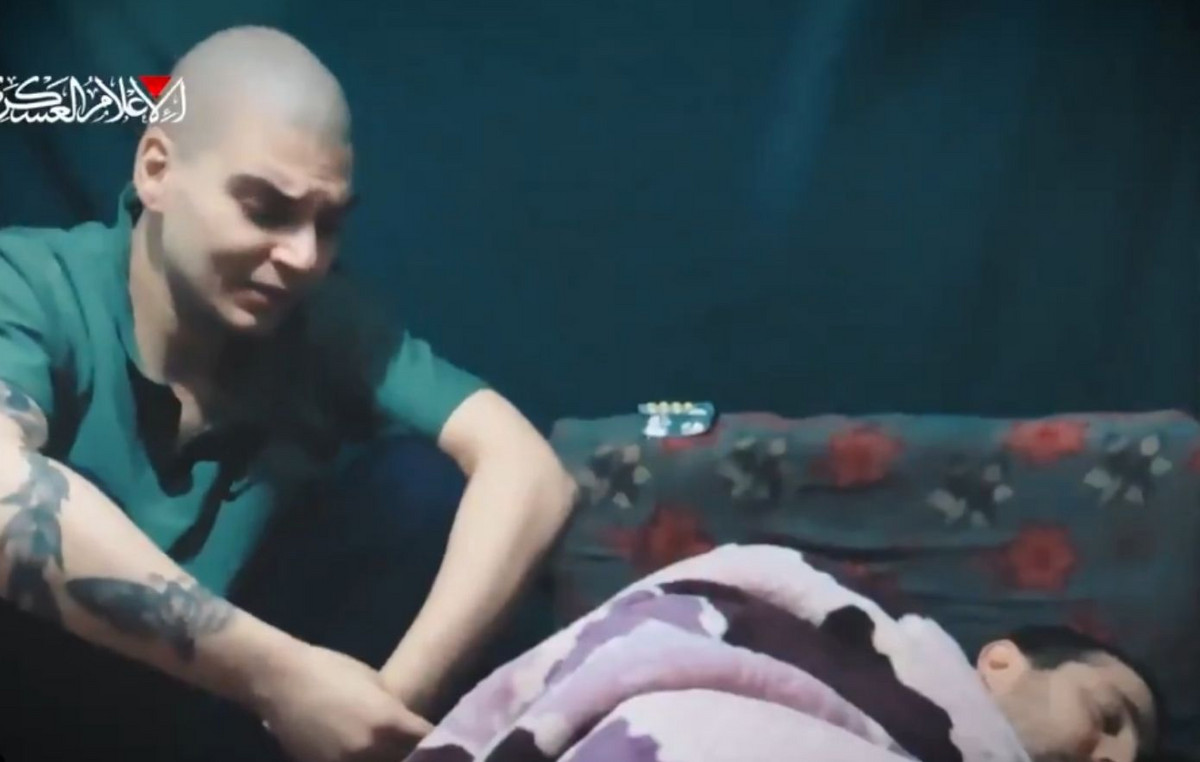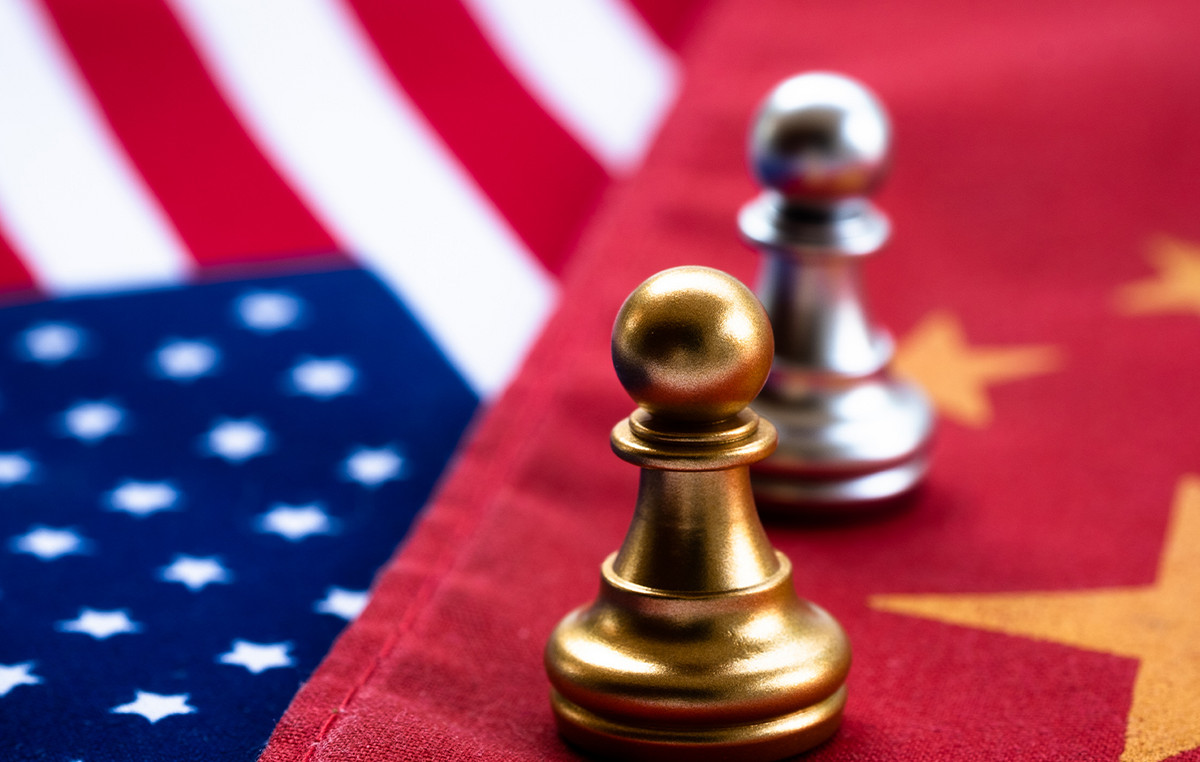Chief economists at 24 of the world’s largest banks warned on Monday (23) during the World Economic Forum in Davos, Switzerland, that the war in Ukraine raises the risk of food shortages in the world . The information is contained in a report in which Brazil is cited as an example of a country suffering the effects of war.
The Economic Forum document cites a World Bank study that shows how integrated international commodity chains can intensify the effects of war.
THE CNN asked the pre-candidates for the Presidency of the Republic what they think of doing to avoid the risk of food shortages in the country.
Check out the answers below:
Luiz Inácio Lula da Silva (PT):
Brazil had left the UN hunger map, returned in the Bolsonaro government. The government needs to finance and support food production not only by large producers, but also by small and medium-sized ones, who produce most of the food on the table (beans, cassava, rice, vegetables). Expand national production of fertilizers and rebuild CONAB and its role in ensuring the acquisition and regulation of food stocks, a policy abandoned in the Temer and Bolsonaro governments. And to Brazilianize the price of fuel, which greatly impact the price of food.
Jair Bolsonaro (PL):
The president has not responded at the time of publication.
Ciro Gomes (PDT):
The pre-candidate has not responded at the time of publication.
André Janones (Avant):
The pre-candidate has not responded at the time of publication.
Simone Tebet (MDB):
There is a structural problem in the supply of food caused by the war in Ukraine, but the fact is that Brazil is not at risk of shortages. In fact, the global crisis creates a unique opportunity for the country. This is because, now, we have the chance to position ourselves as a long-term partner in the supply of food to a number of economies.
It so happens that this would have to be a strategic initiative, led by the federal government, a state action, involving bodies ranging from the Ministry of Economy to Itamaraty. This is something that, unfortunately, does not seem possible to me at the moment, given the thick myopia that characterizes our rulers.
In any case, in the short term, and as a measure to expand supply, we have to adopt an agricultural credit policy that helps the producer both to bear the higher costs generated by the war and to increase his production. In the medium term, we still need to expand the infrastructure necessary for the flow of our products.
It is important to emphasize that we cannot just fall into the temptation of adopting restrictive and anachronistic measures, such as controlling exports or closing the economy, which is precisely what the PT wants to achieve. This would be a way to throw away the strength that we have achieved in food production with a lot of work and effort, based on an agriculture especially developed in technological terms.
Felipe d’Avila (New):
Brazil can face the risk of shortages by fighting food waste. 29.7% of our food production is lost even before reaching consumers, in storage and transport. Comparing with Europe (18.8%) and the USA (19.3%), a 10% reduction in this waste, taking Brazil to the levels of developed countries, would have an impact of almost 43 million tons of food per year. , enough to mitigate the impacts of the foreign market and still respond to the problem of increasing poverty in the country. The reduction of this waste occurs with the adoption of new technologies and investment in productive infrastructure, such as silos, roads and railways, sectors that have not received the attention and resources they need for decades.
Jose Maria Eymael (DC):
The pre-candidate has not responded at the time of publication.
Leonardo Pericles (UP):
The pre-candidate has not responded at the time of publication.
Luciano Bivar (Union Brazil):
First of all, I consider it essential to make it clear that I will not support any warlike stance by Vladimir Putin.
União Brasil was the first party to issue an official note criticizing the invasion of Ukraine. We defend the free market and we will expand dialogue and negotiations with other producing countries.
At the same time, it will be necessary to offer greater stimulus to Brazilian agribusiness, with temporary subsidies while the effects of the war prevail. And with the implementation of the IUF (Imposto Único Federal) this problem will be alleviated, as food prices tend to drop significantly with the simplification and consequent reduction of the tax burden.
Pablo Marcal (Pros):
The pre-candidate has not responded at the time of publication.
Sofia Manzano (PCB):
Brazil is the largest grain producer in the world and even so, long before the conflict between Russia and Ukraine, there was already hunger and reduced food consumption among the poorest families.
It is evident that the war generates a set of effects on the supply and prices of some foodstuffs, but the possible food shortage is much more associated with internal issues and problems, especially with the Brazilian agricultural production model that privileges agribusiness for the production of commodities such as soy and corn for example and reduces investments for the development of family agriculture. This also leads to another related issue. The lack of an agrarian reform that can boost the production of basic necessities, reducing prices and increasing access for the population.
A model of popular food security must be based on the combination of agrarian reform on idle properties, expropriation of properties resulting from land grabbing, freezing the prices of essential products and increasing resources for the development of family agriculture under the control of the State.
Vera Lucia (PSTU):
Brazil is the fourth largest producer of grains in the world, the largest exporter of beef on the planet and we occupy the third place in the ranking of world fruit production. Nobody should go hungry in our country, but unfortunately more than 20 million Brazilians don’t have enough to eat.
This is because most food companies belong to large capitalist corporations, which are not concerned with production for the consumption of our population, but with profit from exports.
To fight hunger and prevent the risk of food shortages for the Brazilian population, we are going to reverse this productive logic. We will guarantee production for domestic supply and export the surplus.
We will break the domination of the big imperialist corporations, which will be nationalized. We will carry out agrarian reform to guarantee land to those who need to plant, putting an end to large estates, a legacy of colonization, which keeps the concentration of the best lands in the hands of a few. We will have a credit plan for family farmers, who are now responsible for the food we put on our plates, through our public banks.
Thus, we will set up a production chain that will generate employment, income and food for everyone.
Photos – The pre-candidates for the presidency
Source: CNN Brasil
I am Sophia william, author of World Stock Market. I have a degree in journalism from the University of Missouri and I have worked as a reporter for several news websites. I have a passion for writing and informing people about the latest news and events happening in the world. I strive to be accurate and unbiased in my reporting, and I hope to provide readers with valuable information that they can use to make informed decisions.







